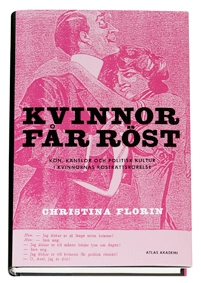Many people throughout the world "inhabit" fantastic imaginary worlds in a communal fashion, enthusiastically discussing the fine points of The Lord of the Rings, Star Trek, and Harry Potter, or banding together in online virtual worlds such as World of Warcraft and Second Life. These activities are often dismissed as harmless escapism or bemoaned as pernicious wish-fulfillments that distract from the serious business of life. Saler challenges such claims by excavating the history of imaginary worlds in the West since the late nineteenth century, when the communal and long-term immersion in such worlds first began with Sherlock Holmes. The book contends that imaginary worlds emerged at this time as sites of rational and secular enchantments for the modern age. They continue to represent distinct social practices informing political, social, and spiritual life. Individuals often use imaginary worlds as a playful space to debate serious issues in the real world; they also use them to hone their understandings of the interplay of reason and imagination and the provisional nature of all representations. Saler provides an overview of how imaginary worlds went from being feared by the Victorians to being inhabited by the Edwardians, and discusses in detail the creation and reception of the worlds of A.C. Doyle's Sherlock Holmes, H.P. Lovecraft's Cthulhu Mythos, and J.R.R. Tolkien's Middle-earth, among many others. The social practices of imaginary worlds will continue to play an important role in a future increasingly influenced by concepts of virtual reality and the rapid growth of gaming communities. Saler's book contributes the historical back-story of those deeply engaging imaginary universes, highlighting their vital lessons for how we can remain enchanted but not deluded in an age that privileges the imagination as much as reason.
Åtkomstkoder och digitalt tilläggsmaterial garanteras inte med begagnade böcker





















